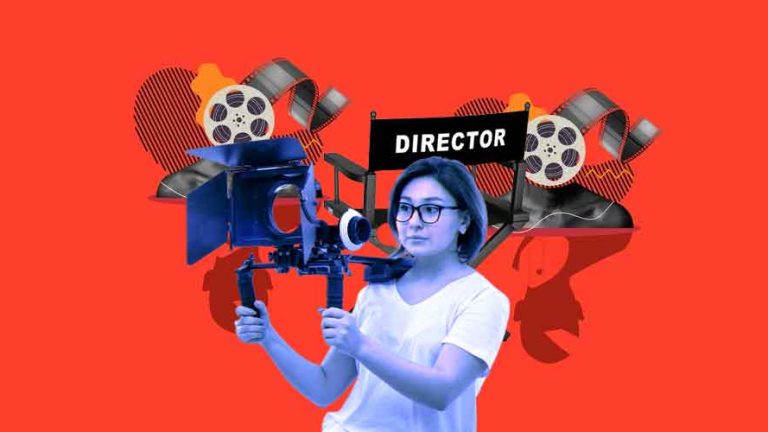Women directors with their cinematic brilliance have made film and television industry amused
The attention is gradually shifting towards trailblazing women directors in the dynamic fields of film and television, whose vision and inventiveness are transforming the industry. This article sets out on a joyous trip, bringing much-deserved attention to the outstanding achievements made by female filmmakers. These innovative storytellers redefine cinematic brilliance by challenging conventions and breaking through boundaries to create captivating storylines.
We learn about the influence of their skill as directors on representation, narrative, and the larger cultural scene as we explore their fascinating journeys. Now let’s get into celebrating the innovative work of these gifted women in entertainment who are influencing entertainment for years to come.
The emergence of female filmmakers is a dramatic change in a field where male viewpoints have traditionally held sway, encouraging diversity and enhancing the variety of stories portrayed on screen. Ava DuVernay is one such legend whose talent for directing spans genres, from the moving “Selma” to the provocative documentary “13th.” In addition to captivating audiences with her skill in telling stories, DuVernay promotes inclusivity and works to create a more diverse and fair film industry.
Beyond merely delivering stories, female filmmakers have a profoundly transforming impact. Renowned filmmaker Kathryn Bigelow created history when she won the Academy Award for Best Director for her compelling military thriller “The Hurt Locker.” Bigelow is a trailblazer in her own right. Bigelow’s accomplishment dispels stereotypes about the kinds of stories that women are capable of telling and emphasizes the ability of women to succeed in fields that have historically been controlled by males.
There has also been a notable increase of female directors leaving their marks on television’s tiny screen. Renowned for her work on “The Handmaid’s Tale,” Reed Morano infuses the dystopian story with a distinct visual flair, evoking the essence of Margaret Atwood’s book with a visceral and captivating cinematic language. The use of varied viewpoints in television not only expands the storytelling canvas but also strikes a chord with viewers, cultivating a more profound bond with the characters and stories portrayed.
While we honour these women directors, we also need to recognize the difficulties they have encountered in a field where gender inequality is pervasive. Women directors have always faced obstacles, ranging from restricted chances to institutional biases, despite their apparent brilliance. Nonetheless, their tenacity and grit have opened doors for a new wave of filmmakers, stimulating a climate in which brilliance is unaffected by gender.
The mutually beneficial collaboration of filmmakers such as Greta Gerwig and authors such as Noah Baumbach, as evidenced in the moving film “Lady Bird,” is a prime example of the power of varied creative alliances. They collaborated to create an authentic story that connected with viewers and won praise from critics.
Initiatives like the 5050×2020 promise, which aims to improve the proportion of women directors in the entertainment business, have emerged in the quest of gender parity. These initiatives, along with a rising understanding of the importance of diversity, point to a promising future. There has never been a greater need for varied viewpoints and tales, and viewers are drawn more and more to media that captures the complexity of human experience.
In conclusion, “Celebrating Women Directors in Film and Television” is a monument to the collective influence of women on the industry’s cultural and artistic landscape, as well as an acknowledgement of individual accomplishments. While we celebrate their achievements, we also need to give them more visibility, break down structural barriers, and create an atmosphere where innovation and skill are unaffected by gender. The varied stories that women directors have brought to the screen are inextricably linked to the development of film and television, and their efforts will surely leave a lasting legacy for future generations.






Add comment